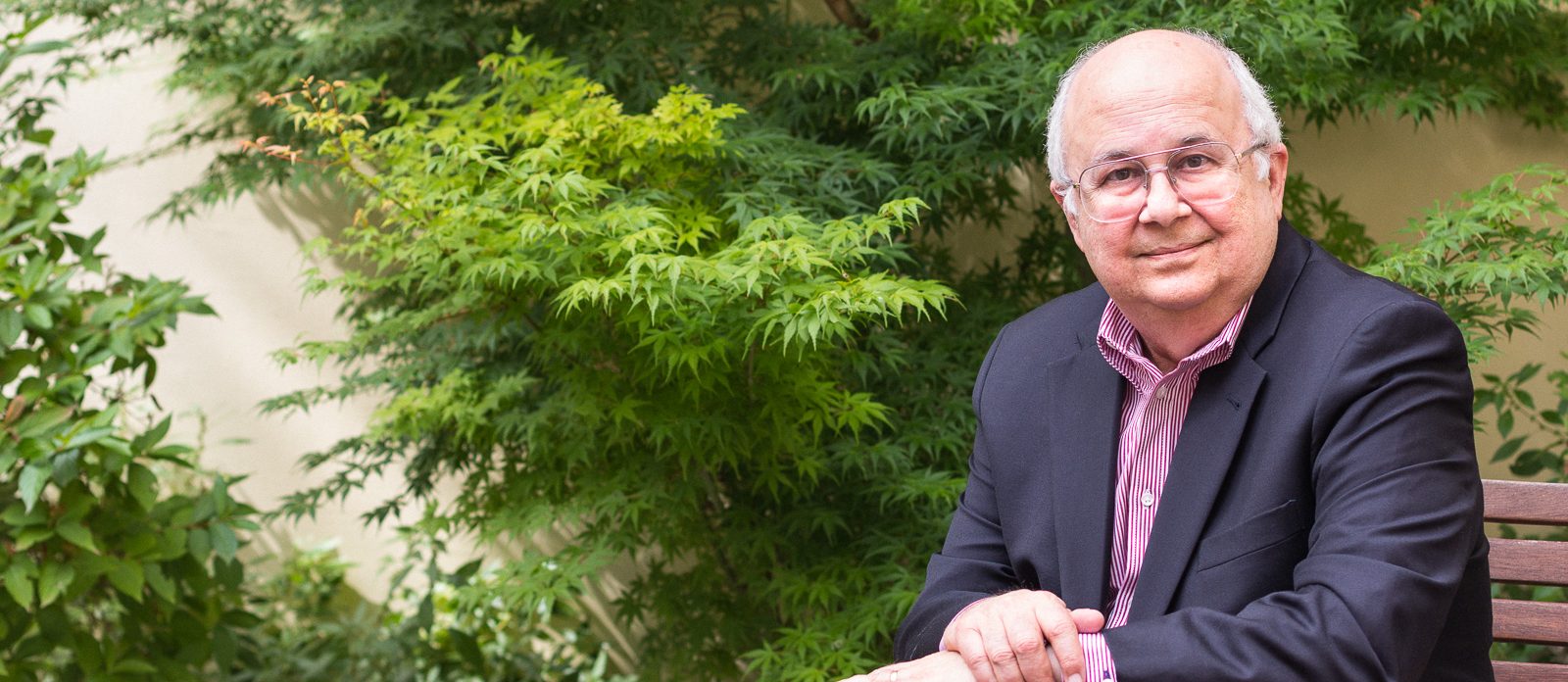
When C.P. Snow wrote about “the two cultures” over half a century ago, he bemoaned a degree of ignorance, even rising enmity between the culture of science and the culture of the humanities. The stand-off has survived, but has mutated.
The non-science view is sustained by some who deny that science is anything more than just another discourse reflecting the power relationships of society, and that its practitioners, the scientists, are no more than another social group vying for resources and power.
Other voices, amplified by the ubiquitous power of the world-wide-web and social media, promote self-serving beliefs, “fake news” and distortions that fly in the face of rigorous evidence about vaccination, moon landings, climate change etc. Both politicize debate and reject evidence. Both undermine the potential of science to contribute to the public good.
Yet science is different.
We lose sight of that difference at our own peril. In science, there is no individual authority, no book that governs right or wrong, no high priests that interpret the sacred texts: there is a method. A method based on rationality and evidence.
Science encourages engagement with the contrarian view, and hails the overthrow of existing paradigms and conceptions as breakthroughs. Many of the innovators in science are very young. Marie Curie was 31 when she discovered radium. Einstein was 26 when he published his revolutionary papers. Watson was 25 when he co-discovered the structure of the double Helix. All were hailed for their discoveries and are in the pantheon of the greatest scientists.
But powerful as the empirical scientific method is, it is not enough to deal with many of our problems, which are not just individual or systemic, but also social and environmental, local and global. In addition to the knowledge of the natural sciences, we need the insights of the social sciences and the wisdom of the humanities. We need to bridge the two cultures more than ever before, and jointly to extend that bridge further into society.
It is against that background that the International Science Council (ISC) was created in Paris on July 5th 2018. At that moment, the ISSC (representing the social sciences), and ICSU (representing the natural sciences) merged to create the first comprehensive umbrella organization that combined the best practitioners of both the social and the natural sciences, as well as several scholarly organizations that include the humanities. The ISC is thus poised to become the global voice of science at a time when the world needs that more than ever.
Many of the most serious challenges that humanity faces in trying to deal with climate change, water shortages, massive pollution, destruction of ecosystems, loss of natural habitats, soil degradation, species extinction, food security, poverty, inequalities, and so much more, are not amenable to simple technological fixes. They need societal involvement, broad public understanding, political commitment and international cooperation. Science has many contributions to make, but many of these contributions as they provide new solutions and services do raise profound ethical, social and philosophical issues.
Just look at new genome editing techniques and potential misuse on humans; the issues surrounding social connectivity on the new media and privacy; the deployment of the technologies of artificial intelligence in mass surveillance and their capacity to erode individual liberties and potentially, human sense of autonomy; or the alarming negative potential of new “Deep Fake” videos.
So many of the problems of our time, from gender to medical issues, from the deployment of technology to environment, from social cohesion to international peace, focus attention on human individuals and societies as much as on the natural world we live in. Human beings are social beings, living things that have motives, intentions, norms and values, whose social institutions have meaning symbols, rituals and cultures. All of these are precisely the domains of the Social Scientists.
Ethical issues require the wisdom of the humanities. For the benefit of humanity in this new century, we must bridge the rift between the two cultures. We must be able to bring their different and complementary insights to bear on the great problems of our time and engage with society in ways that enhance socio-political legitimacy.
This is the time for the ISC to bring the collective voice of science, with its reason, rationality and understanding to help the world appreciate the scope of the challenges we face, as well as the solutions that science can bring. And the ISC must do that job well so that the world will listen, and that may help humanity move on from its conflicted present to a great and glorious future. It takes up this urgent challenge by working to mobilise the collective strengths of the sciences in deploying their expertise and advice for the global public good and by engaging publicly on the great contemporary issues of concern to science and society.
Ismail Serageldin is a Patron of the ISC and the Founding Director of the Bibliotheca Alexandrina
Click here to download our 2018 Annual Report.